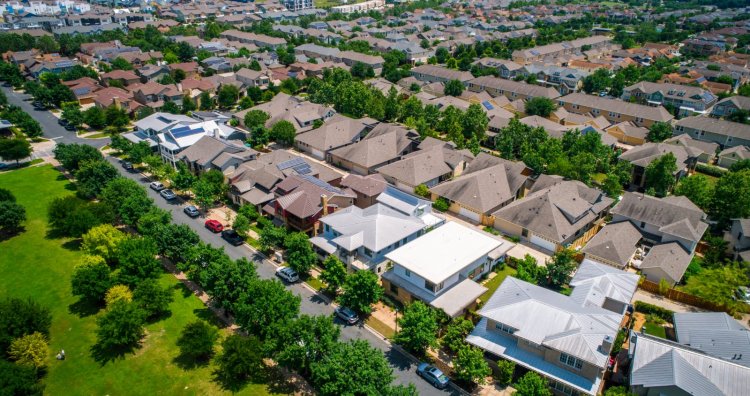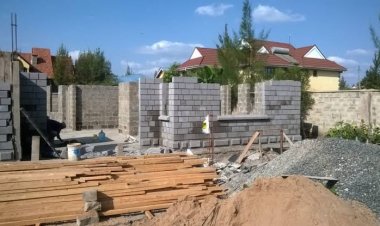Buying Property in Kenya: Legal Considerations for Diaspora Buyers
Buying property in Kenya as a diaspora buyer can be a rewarding investment opportunity, but it is essential to navigate the legal considerations effectively to avoid potential pitfalls.

Purchasing property in Kenya can be a lucrative investment opportunity for diaspora buyers looking to own real estate in their home country. However, navigating the legal landscape of property ownership in Kenya can be complex, especially for those living abroad. Herein, we explore the key legal considerations that diaspora buyers should keep in mind when buying property in Kenya.
Legal Framework
The legal framework governing property ownership in Kenya is primarily governed by the Constitution of Kenya, the Land Act, the Land Registration Act, and the various regulations issued by the Ministry of Lands. Diaspora buyers need to familiarize themselves with these laws to ensure a smooth and legally compliant property-purchase process.
Title Deeds
One of the most critical aspects of buying property in Kenya is ensuring that the title deed is legitimate and free from any encumbrances. Diaspora buyers should conduct thorough due diligence to verify the authenticity of the title deed and confirm that the property is not subject to any disputes or claims.
Land Ownership Restrictions
Foreign nationals, including diaspora buyers, are subject to certain restrictions when it comes to owning land in Kenya. For instance, non-citizens are prohibited from owning land classified as agricultural or ranching land. It is crucial for diaspora buyers to understand these restrictions and seek legal advice to navigate them effectively.
Leasehold vs. Freehold
In Kenya, land can be held under either leasehold or freehold tenure. Leasehold land is typically leased from the government or private individuals for a specified period, while freehold land grants the owner absolute ownership rights. Diaspora buyers should carefully consider the tenure type that best suits their investment goals and seek legal advice to understand the implications of each.
Conveyancing Process
The conveyancing process in Kenya involves various legal steps, including property searches, drafting sale agreements, and registering the transfer of ownership with the relevant authorities. Diaspora buyers should engage the services of a qualified lawyer or conveyancer to guide them through the conveyancing process and ensure that all legal requirements are met.
Tax Implications
Property transactions in Kenya are subject to various taxes, including stamp duty, capital gains tax, and value-added tax. Diaspora buyers should be aware of the tax implications of buying property in Kenya and factor these costs into their budgeting and financial planning.
Repatriation of Funds
Diaspora buyers should also consider the legal requirements for repatriating funds from Kenya to their home country. The Central Bank of Kenya regulates foreign exchange transactions, and diaspora buyers must comply with the relevant regulations when repatriating funds from property sales or rental income.
Buying property in Kenya as a diaspora buyer can be a rewarding investment opportunity, but it is essential to navigate the legal considerations effectively to avoid potential pitfalls. By understanding the legal framework, conducting due diligence, seeking legal advice, and complying with tax and repatriation regulations, diaspora buyers can make informed decisions and secure their investment in Kenyan real estate.
If you have a real estate press release or any other information that you would like featured on the African Real Estate Blog Post, do reach out to us via email at [email protected]

































